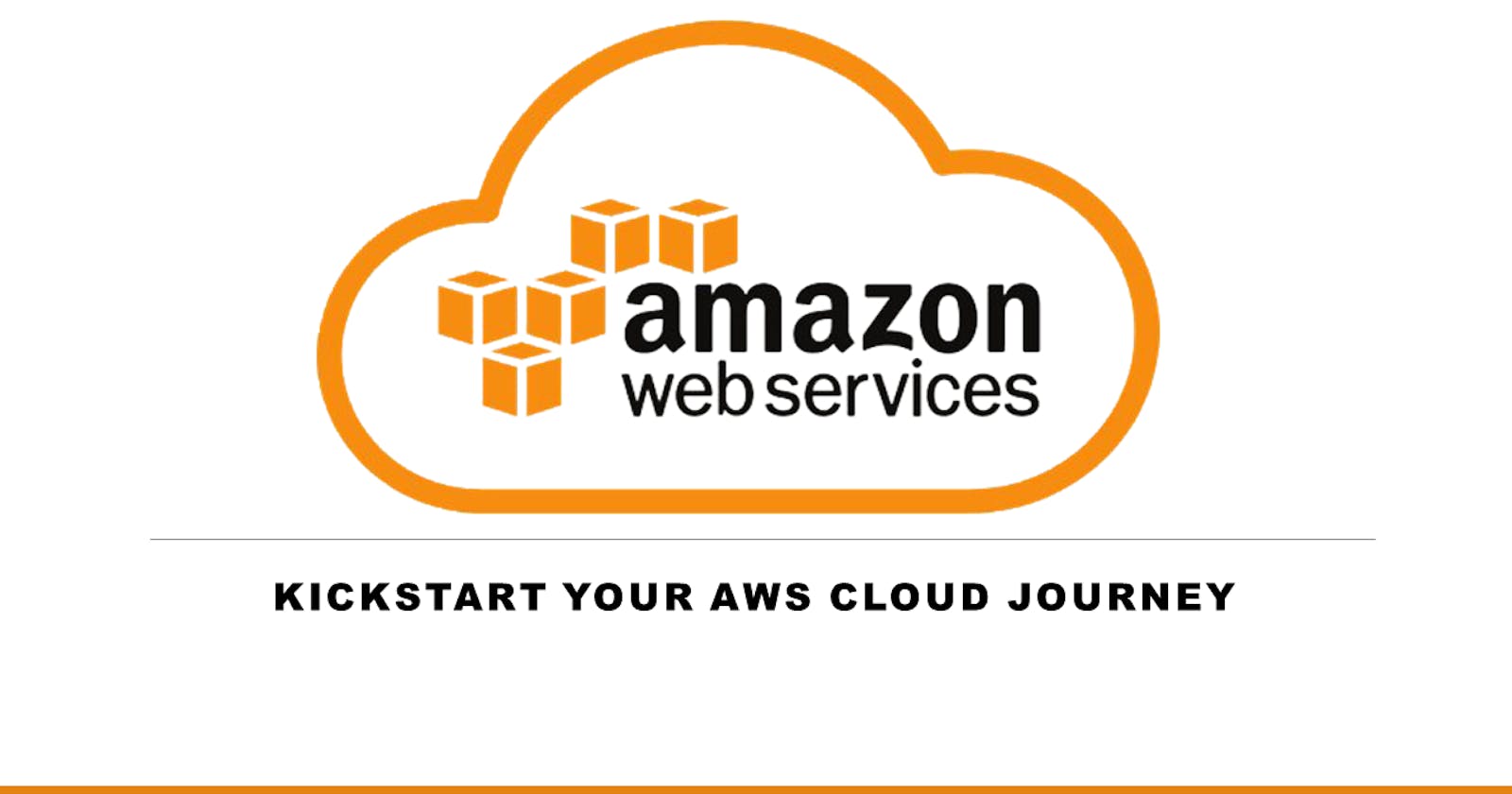...So I am assuming you've finally decided to move to the clouds using AWS and you're wondering how and where to get started, look no further as I would be revealing some helpful tips on how this journey would be a lot easier for you. I am also putting this down as a point of reference and guide to myself.
Now let's get started...
Learn The Ropes:
According to Wikipedia, "Cloud computing is the on-demand availability of computer system resources, especially data storage and computing power, without direct active management by the user". There's a lot of moving parts when it comes to cloud infrastructures as they simply depict the generic on-premise infrastructure we all know. It would be assumed that one at least has a basic understanding of the Linux environment as this forms the back bone of most cloud computing powers. If you do not have a prior knowledge here, there are many resources out there to help you with this knowledge but I would recommend the LFS101x Introduction to Linux which is a totally free course offered by The Linux Foundation.
It is also recommended to learn the basics of networking concepts, you're not required to be expert, but having this requirement would help you grasp certain network related concepts which you must definitely come across while setting up your infrastructure on the cloud. I would highly recommend this Complete Cisco CCNA 200-301 Course on Udemy.
Getting to Know The AWS Cloud Platform:
Now, it's about time to get started proper with AWS. First you can start by creating a Free Tier AWS Account which gives you access to certain AWS resources for free for 12 months. I highly recommend you sign up on AWS Educate and get familiar with the various services offered by AWS and it's management console which also come with hands-on labs. Play around and explore as much as you can, the best way to learn is by doing!
Join AWS Communities:
Identifying with people who have similar interests help you learn twice as fast and keep you in the know of recent and upcoming events. Feel free to locate AWS communities around you and connect with them, I would recommend you join any of the AWS User Group around you. You can also checkout the AWS Emerging Talent Community but you can only have access to this community if you've previously obtained a learning badge from an AWS Educate Program. I also recommend joining the AWS Community Builders program which offers technical resources, education, and networking opportunities to AWS technical enthusiasts, you do not need to be an AWS expert to join this community.
Start Preparing for AWS Certifications:
Finally, if you are not working in a cloud role already, AWS Certification is one way to start your journey. Certifications are not a one-size-fits-all thingy, but it gives you an edge and that confidence to show you really mean business as someone who is starting their journey in cloud. You can start with the AWS Certified Cloud Practitioner exam, If you're in the Sub-Sahara Africa region, you might want to be on the lookout for the next Sub-Sahara Africa challenge and stand a chance of getting a free $100 voucher for any of the available AWS Certification exams. There are a couple of certifications and useful resources on these platforms I shared to help you prepare and eventually become a highly skilled cloud engineer.
Build! Build!! Build!!!
Now you're very confident in your AWS skills, it is time to create value by putting your skills to good use, there are a couple of ways to enhance your skill, one of which is by solving real world problems using the AWS cloud services depending on your interest areas. I would recommend you checkout the Cloud Resume Challenge created by Forrest Brazeal which not only helps you build out your resume, but also gives you the opportunity to solve industry standard issues.
Final Words:
I hope you found the above tips useful and just incase you have more useful tips for anyone starting out their cloud journey in AWS or the likes, feel free to post them on the chat section.
Good luck on your new found career and do have a good one.
